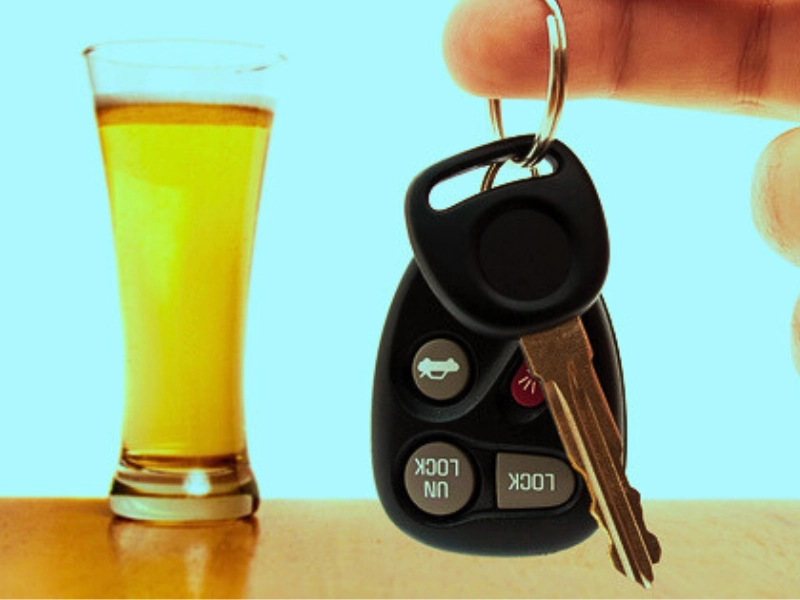A 3rd Degree DWI in Minnesota is a serious offense with penalties that include a driver’s license revocation, whiskey plates, steep fines, and jail time if convicted.

Table of Contents
Minnesota 3rd Degree DWI Convictions
In Minnesota, a driver convicted of a 3rd Degree DWI offense faces serious consequences. If convicted, it is a Gross Misdemeanor criminal charge that is one step above a Misdemeanor and one step below a Felony.
Aggravating factors that constitute a 3rd Degree DWI criminal charge include:
- A prior DWI or loss of license due to alcohol-related charges within the past 10 years
- A blood, urine, or breath test with a result of .16 or above
- Refusal to provide a blood, urine, or breath test after requested by a police officer
- An impaired driver has a passenger who is 16 years of age or younger in the car
If none of the above conditions apply, the offender will likely be charged with a 4th Degree DWI, a lesser offense that carries lighter penalties. If a driver is convicted of a Minnesota 3rd Degree DWI, he/she may face jail time, even if the above conditions do not apply. If the driver does not have a prior DWI or alcohol-related loss of license within the past 10 years, the mandatory minimum jail sentence of 30 days does not apply, however, the judge may still impose this sentence if the offender pleads guilty. If sentenced to 30 days in jail, the offender must serve at least 48 consecutive hours in jail. The remaining time may be served by electronic home monitoring or a work release if the offender is eligible.
Penalties for a 3rd Degree DWI
Penalties for a 3rd Degree DWI include a mandatory minimum sentence of 30 days in jail and a loss of driver’s license and license plates for one year. If it’s a second DWI offense within the last 10 years, penalties may include up to one year in jail and loss of driver’s license for at least two years. A third DWI conviction may result in one year or more in jail, a $3,000 fine, and vehicle forfeiture.
If convicted of a 3rd Degree DWI in Minnesota, a person may also face additional consequences that include: mandatory whiskey plates; a criminal record showing a gross misdemeanor; mandatory community service; loss of job and/or income; higher insurance costs.





